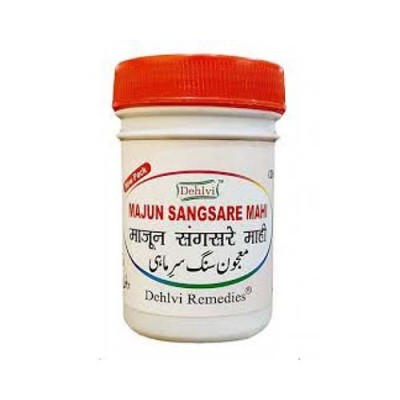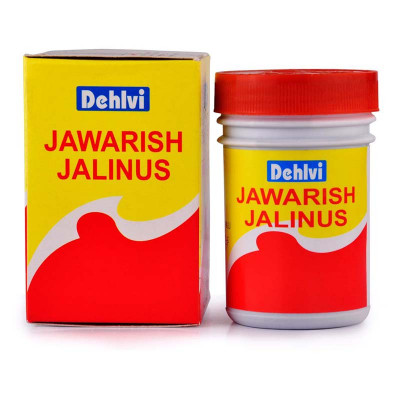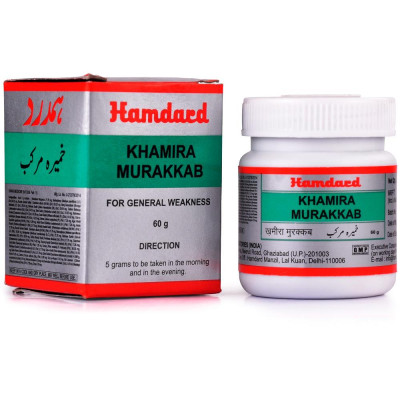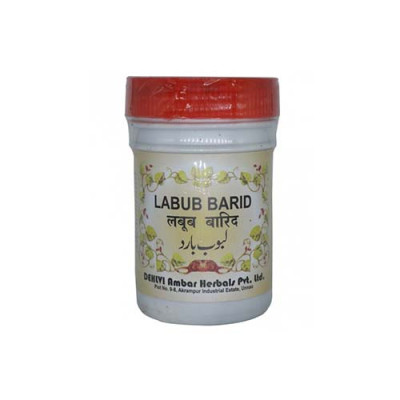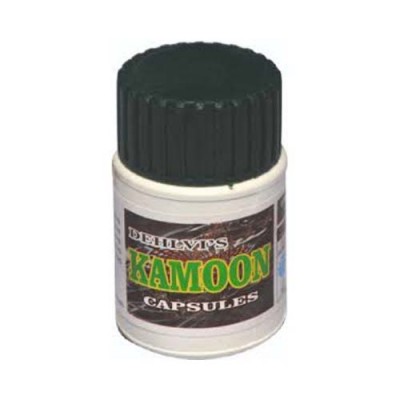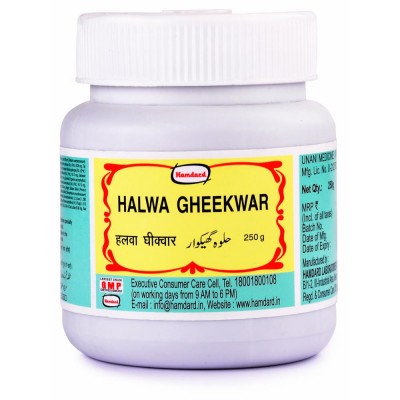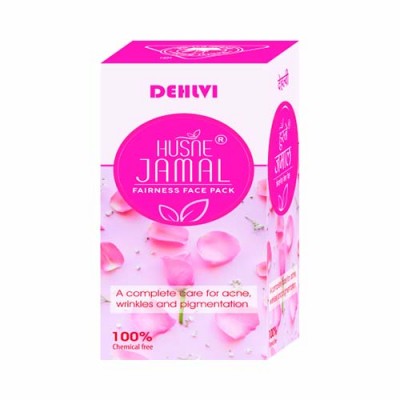Dehlvi Diab-Eaze
- Brand: DEHLVI
- Product Code: HKDL0123
-
Price:
- ₹ 290.00
- Product viewed: 4657
Diabetes is a blood sugar regulation disorder that leads to elevated blood sugar levels. People with type 2 diabetes either don't make enough insulin or their bodies do not respond appropriately to the insulin they do produce, or both. People with diabetes cannot properly process glucose, a sugar the body uses for energy. As a result, glucose stays in the blood, causing blood glucose to rise. At the same time, however, the cells of the body can be starved for glucose. Diabetes can lead to poor wound healing, higher risk of infections, and many other problems like permanent damage to the eyes, kidneys, nervous system, and heart if the disease is not adequately controlled. The incidence of Diabetes Mellitus is consistently growing. During the last 10-15 years the number of such patients has multiplied in all countries. According to WHO, diabetes is currently regarded as a social disease. More than 16 million Americans alone suffer from diabetes. In India, the National Urban Survey of Diabetes population based study, conducted in the year 2000, showed total prevalence of diabetes to be 13.2%. Diab-Eaze is a comprehensive herbal formulation containing time-tested and anti-diabetic herbs that have been recommended for more than 5000 years in Ayurveda and Unani system. These medicinal herbs make Diab-Eaze a comprehensive approach to the management of diabetes mellitus. It balances blood sugar levels, thereby reducing or removing the need for insulin or hypoglycemic medication. Furthermore, it reduces cravings for sweet foods; improves circulation, especially to the feet and hands and improves blood flow to optic nerves to prevent diabetes-related eye diseases. It also helps promote symptomatic relief of complaints like weakness, giddiness, pain in legs, body ache, polyuria and pruritis. Diab-Eaze does not contain any form of sulfonamides or biguanides (often found in allopathic drugs), It makes it possible to avoid the side effects most current with these products (skin problems or excessive lactic acid)
Compositions
- Each 500 mg. capsule contains:
- Nyphae lotus (Nilofar Phool) 50 mg.
- Trigonella foenum-graecum Extract (Methi) 50 mg.
- Momordica charantia Extract (Karela Beej) 50 mg.
- Tinospora cordifolia Extract (Gilo) 50 mg.
- Eugenia jambolana Extract (Jamun Gutli) 50 mg.
- Gymnema sylvestre Extract (Gurmar Booti) 50 mg.
- Ficus racemosa Extract (Gular Chhal) 50 mg.
- Cinnamomum zeylanicum (Dalchini) 50 mg.
- Asphaltum (Shilajit) 100 mg.
Indications
Diabetes Insipidus, Diabetes Mellitus, Glycosuria, Incontinence and Polyuria.
Contraindications
Not recommended during pregnancy and lactation.
Side effects
None
Dosage
2 capsules two or three times a day, depending on severity of symptoms. Dosage can be reduced once blood sugar levels stabilize.
Dietary Advice
Many people still believe that eating too much sugar causes diabetes. This misconception arises because diabetes is diagnosed by measuring blood sugar (glucose). But dietary sugar is only part of the picture. A diet rich in certain high-carbohydrate foods -- those low in fiber and with a high glycemic index -- increases the risk of Type 2 diabetes, at least in those predisposed to it. Men and women whose diet have a high glycemic index and low fiber content more than doubled their chance of developing diabetes. Foods that seemed to pose the greatest risk are white bread, white rice, potatoes, and sugary soft drinks. In contrast, whole-grain breads and cereals (rich in fiber and with a lower glycemic index) appear to reduce the risk of diabetes. Fruits and vegetables don't seem to have an effect, good or bad. Excessive amounts of carbohydrate-rich foods with a high glycemic index puts pressure on the pancreas to produce more of the hormone insulin, which stimulates the body's cells to take in and store glucose. Over time, the body may become resistant to insulin. In such insulin-resistant people, the cells become less and less sensitive to insulin. This is characteristic of Type 2 diabetes. Of course, not everyone on such a low-fiber, high-starch diet develops diabetes. There seems to be a genetic predisposition to diabetes, which may be exacerbated by this kind of diet. Obesity is probably the leading risk factor for Type 2 diabetes. Family history of the disease, advancing age, and lack of exercise are other important factors. The mineral magnesium has a protective effect against diabetes. A few studies have suggested that this mineral improves insulin sensitivity. But since whole grains are rich in magnesium, it's hard to say whether the proposed benefit is due to something else in the grain (notably its fiber) or the mineral.



